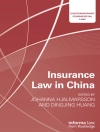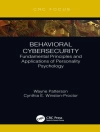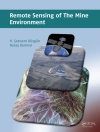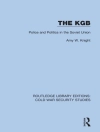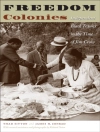This book presents an overview of the wide variety of digital genres used by researchers to produce and communicate knowledge, perform new identities and evaluate research outputs. It explores the role of digital genres in the repertoires of genres used by local communities of researchers to communicate both locally and globally, both with experts and the interested public, and sheds light on the purposes for which researchers engage in digital communication and on the semiotic resources they deploy to achieve these purposes. The authors discuss the affordances of digital genres but also the challenges that they pose to researchers who engage in digital communication. The book explores what researchers can do with these genres, what meanings they can make, who they interact with, what identities they can construct and what new relations they establish, and, finally, what language(s) they deploy in carrying out all these practices.
Table of Content
List of Figures
List of Tables
Acknowledgments
Chapter 1. Introduction: Why Focus on Digital Genres?
Chapter 2. Genre as a Framework for the Analysis of Digital Communication
Chapter 3. Knowledge Communication in the Digital Era
Chapter 4. Performing Multiple Identities and Enhancing Academic Visibility
Chapter 5. Sharing Research in Progress with Peers: Online Laboratory Notebooks
Chapter 6. Interacting in Academic Social Networking Sites
Chapter 7. Disseminating Knowledge to Diversified Audiences
Chapter 8. Engaging The Public in Research
Chapter 9. ‘Showing’ Research through Audiovisual Genres
Chapter 10. Assessing Research and Participating in Research Discussions Online
Chapter 11. Final Considerations and Future Directions
References
About the author
Carmen Pérez-Llantada is a Professor of English Linguistics at the University of Zaragoza, Spain. Her research interests include genre analysis, English for Academic Purposes, academic writing, and rhetoric and composition.


